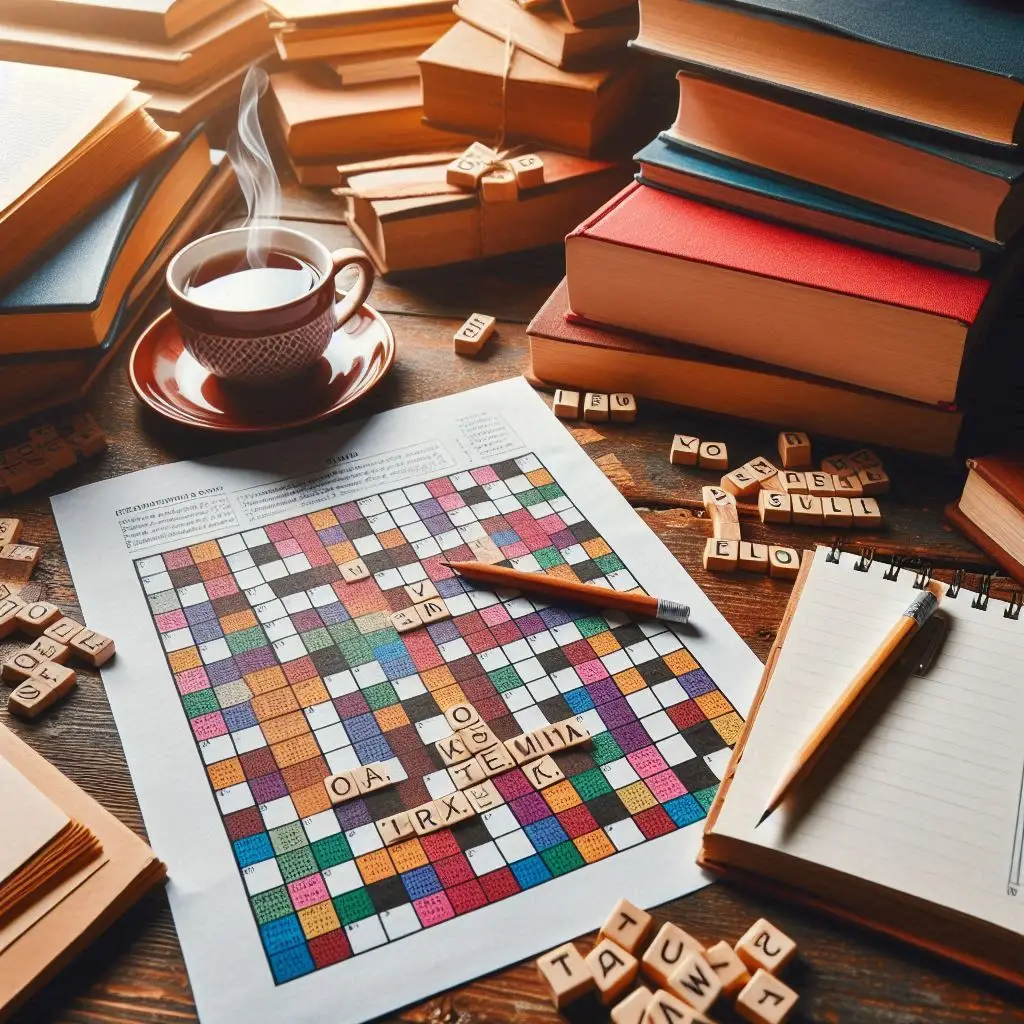Easy crossword puzzles are meant to be approachable, yet many beginners experience frustration when tackling even simple grids. This can stem from misunderstandings, overthinking, or unrealistic expectations. Recognizing the root causes of frustration and applying practical solutions can transform the solving experience into an enjoyable, confidence-building activity. Here are 15 points highlighting common sources of frustration and strategies to overcome them in easy crossword puzzles.

1. Overcomplicating Simple Clues
Beginners often look for hidden meanings where none exist. Remember, easy crossword puzzles are designed with straightforward answers.
Tip: Focus on the literal interpretation first.
2. Limited Vocabulary Knowledge
Not knowing enough words slows progress and increases stress.
Tip: Start with puzzles themed around familiar topics like animals, food, or colors.
3. Ignoring Letter Intersections
Filling words without considering crossing letters often leads to mistakes.
Tip: Always verify answers using intersecting words.
4. Rushing Through the Grid
Impatience causes errors and missed clues.
Tip: Solve deliberately, tackling one section at a time.
5. Fear of Making Mistakes
Worrying about wrong answers can paralyze progress.
Tip: Treat mistakes as learning opportunities and correct them as you go.
6. Misinterpreting Plural or Verb Clues
Beginners may misread singular/plural forms or tense hints.
Tip: Pay close attention to the wording of clues for subtle grammatical hints.
7. Skipping Simple Words
Some players ignore easy clues thinking they are too obvious, wasting time.
Tip: Fill in simple words first to build a foundation and unlock other clues.
8. Overthinking Crossword Themes
Assuming that every puzzle is complex or thematic can confuse beginners.
Tip: Trust that easy crossword puzzles are meant to be intuitive and straightforward.
9. Not Using Contextual Hints
Ignoring the category or context of clues increases difficulty unnecessarily.
Tip: Look for patterns, themes, and related words within the puzzle.
10. Focusing on One Clue Too Long
Stalling on a single tricky clue blocks overall progress.
Tip: Skip uncertain clues and return later once other answers provide hints.
11. Forgetting Common Keywords
Beginners often don’t recognize frequently used crossword words.
Tip: Learn and memorize simple, recurring words to improve speed and confidence.
12. Overreliance on Guessing
Blind guessing increases errors and frustration.
Tip: Use existing letters and clue context to make educated guesses.
13. Lack of Practice
Inexperience leads to repeated mistakes and slower solving.
Tip: Practice easy crossword puzzles regularly to develop pattern recognition and clue interpretation skills.
14. Comparing Yourself to Others
Measuring progress against more experienced solvers can create unnecessary stress.
Tip: Focus on personal improvement and celebrate each successfully completed puzzle.
15. Giving Up Too Early
Abandoning puzzles after initial difficulty prevents skill development.
Tip: Persevere and break the puzzle into manageable sections — completion, even partially, builds confidence.

Frustration with beginner levels in easy crossword puzzles is a common experience, but it can be managed with awareness and strategy. Overcomplicating clues, limited vocabulary, ignoring intersections, rushing, and fear of mistakes are just a few of the obstacles that slow solvers down. By applying the 15 strategies outlined above — from focusing on literal clues to practicing regularly and using contextual hints — beginners can overcome these challenges.
The key is patience, persistence, and understanding that easy crossword puzzles are designed for learning and enjoyment. With consistent effort, solvers can reduce frustration, improve accuracy, and gain the confidence needed to tackle more challenging puzzles in the future. Each solved square becomes not just a small victory, but a step toward mastery and a more satisfying puzzle-solving experience.